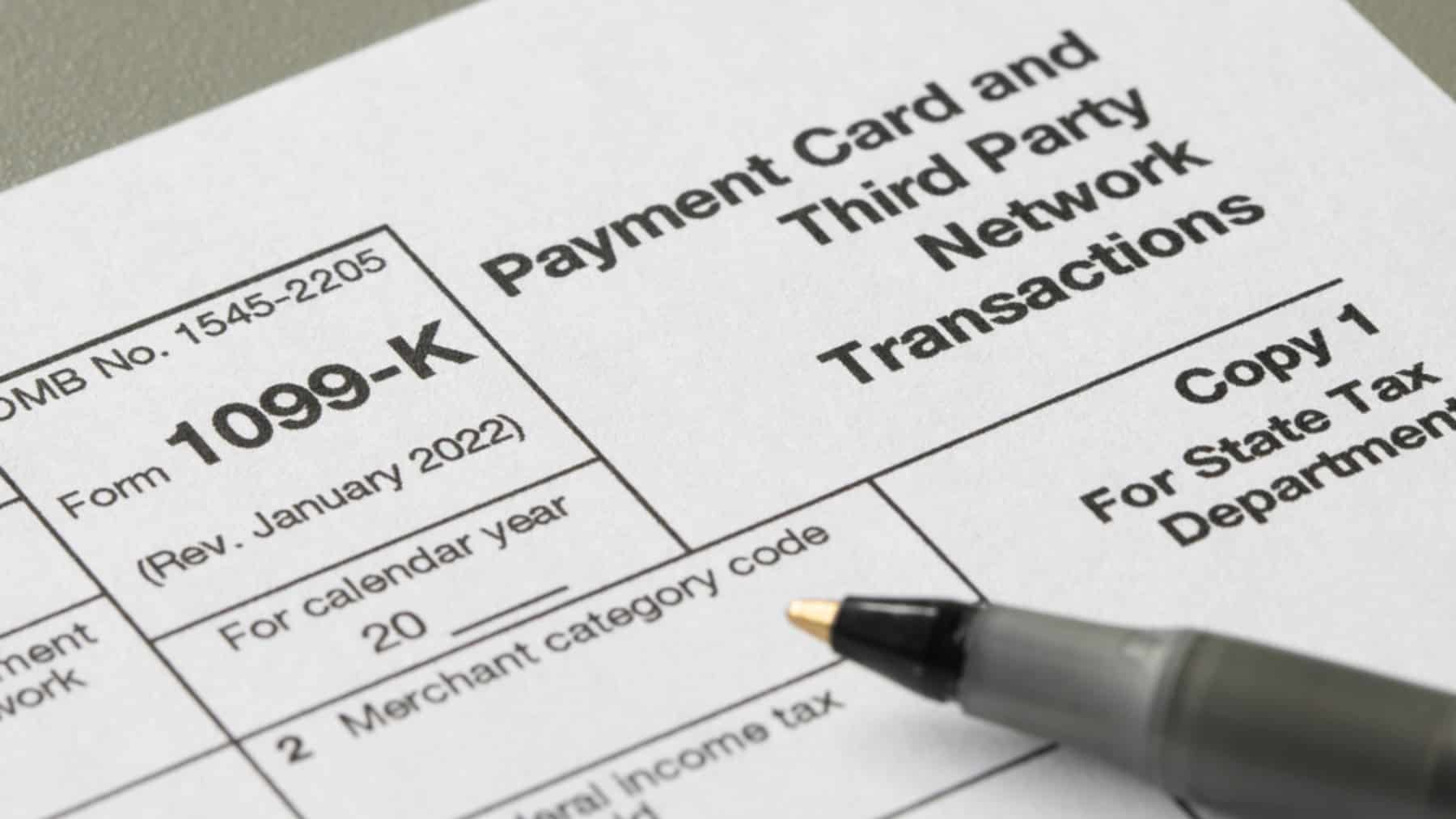Your financial health largely depends on the decisions you make. This is why it is essential to know when the right time is to make moves in your bank account. Just like with credit cards, poor management of payments via bank transfer can lead to problems, impacting costs and your credit history. Although it might seem that the chosen day to make transfers is not important, the truth is that it can make a difference.
Delaying a payment results in late fees, an increase in interest, and a drop in credit score after 30 days. In extreme cases, it may be considered an uncollectible debt after exceeding 120 days of delay. In the long term, this type of delay in payments can impact aspects such as housing rent or the hiring of insurance, as well as access to public services.
To prevent these situations from occurring, it is recommended to schedule transfers, activate automatic payments, have an emergency fund, or request support programs from the bank.
Financial health
Did you know that the health of your finances depends, among many other aspects, on when you decide to make certain movements in your bank account? Something as simple as this can lead to undesirable consequences if we do not have good organization.
This is what happens when we delay payments, as is the case with credit cards, which can affect our costs and even our financial history.
What happens if I choose a bad day to make my transactions and payments?
We all know that the moment we fall behind on a payment, problems soon appear. These are two clear examples of what can happen if we are late on a payment with our credit card:
- If the delay reaches 30 days, this entails a series of late fees, an increase in interest rates, and a drop of 100 points in our credit score.
- After 120 days, they are considered extreme cases, where banks may consider the debt as uncollectible and send it to collection agencies.
We must also take into account that if we schedule transfers just before the weekend or holidays, some banks hold them until the next working day, which can affect the timeliness of the payment.
What long-term consequences can arise?
If the short-term consequences create problems, just imagine the long-term ones. Over time, the interests increase and the debt becomes increasingly difficult to manage. Defaulting or delaying payments can also affect vital payments such as household supplies, insurance, or rent, so it’s not just any nonsense.
Moreover, this entire situation is reflected in your financial history, which can make it harder to access future loans, obtain jobs that require handling money, or rent a home.
What can I do to prevent or avoid these situations?
It would be a hassle to find oneself involved in a situation like the ones mentioned above, simply for not having made the transactions on the day they should have been done. That is why you can follow a series of tips that will help you avoid these situations and their consequences:
- Schedule your transfers! Prioritize making them between Monday and Wednesday, avoiding holidays and weekends (we already know what happens).
- Automatic payments! Virtually all banking apps have the option to schedule automatic payments on the same day each month. This tool is especially useful to avoid relying on last-minute reminders.
- Emergency funds. It is advisable to have an emergency fund that covers us in case of unexpected delays or situations beyond our control.
- Support programs. Banks have support programs for these types of situations, so requesting them may be a way to prevent defaulting on a payment.




